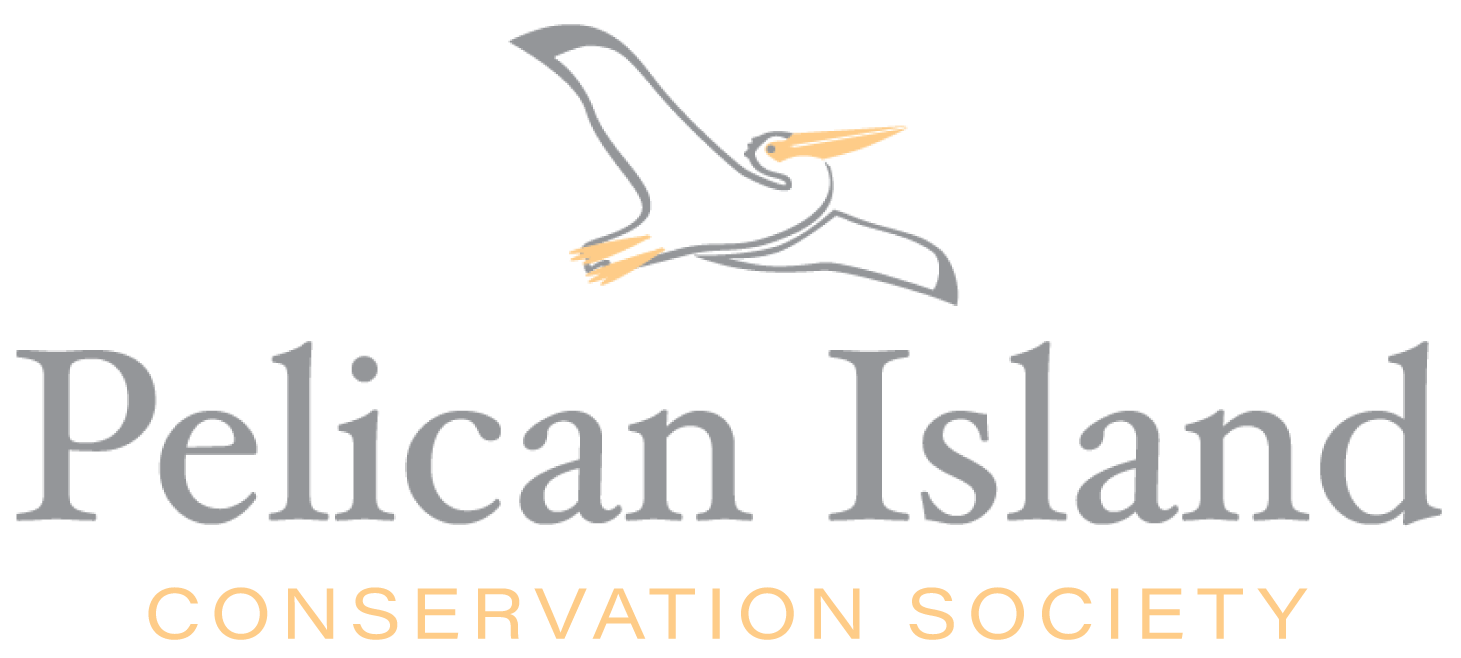A Look Back . . . Lawrence Wineland
Lawrence Wineland (1912-1997) initiated and led fourth-grade field trips to Pelican Island National Wildlife Refuge in the mid-1970s, before environmental education was a serious discipline.
Larry Wineland was the first man since Paul Kroegel to serve full time at Pelican Island National Wildlife Refuge in Florida, the nation’s first refuge. He worked as biological technician, law enforcement officer, public affairs specialist and environmental educator. But when asked if he needed more help, he answered, “Nope, [my wife] Edith and I can usually handle it.”
The Winelands lived near Sebastian, FL, with five beagles, pigeon roosts, rabbit hutches and a free-roaming gaggle of geese. Wineland was a commercial fisherman before he came to work for the U.S. Fish and Wildlife Service in 1947, working at White River Refuge, AR; St. Marks Refuge, FL, Lacassine Refuge, LA, and Blackbeard Island Refuge, GA, before coming to Pelican Island in 1964, where he stayed until his retirement in 1980.
Wineland arrived at Pelican Island Refuge soon after a controversial effort by the state of Florida to encourage housing developments across from the island. Wineland excelled at building relationships with the community and developing environmental education programs before EE was a discipline. “When people talk about conservation and wildlife preservation at a local level, they inevitably talk about Larry Wineland,” according to a 1977 newspaper article about an award he received from the Woodmen of the World Life Insurance Society.
Teacher Laura Matheson told an award dinner audience that “Larry Wineland creates the largest classroom you’ve ever imagined,” eventually putting fourth-graders in a boat to see Pelican Island. “The schoolchildren get wet and they get muddy, but they learn,” said Wineland, who insisted that the youngsters not feed the pelicans. “If I brought a sack of fish out here and gave it to the birds, before I hopped into my boat they would be on relief. And the next time I came back they could be lined up waiting for a government handout.”
After Wineland retired, there was a 12-year gap before Paul Tritaik became the third full-time employee at Pelican Island Refuge. Tritaik has talked to people who remember those grade-school field trips. “I was the beneficiary of seeing some of his students as adults, and it did make an impression on them as he’d hoped.” It was Wineland’s passion, says Tritaik, to educate children so when they became adults, they would make informed decisions.
At that award dinner, friend and fellow environmentalist Richard Thomas said that “Larry Wineland is a darn good egg that hatched into a very rare bird.”
